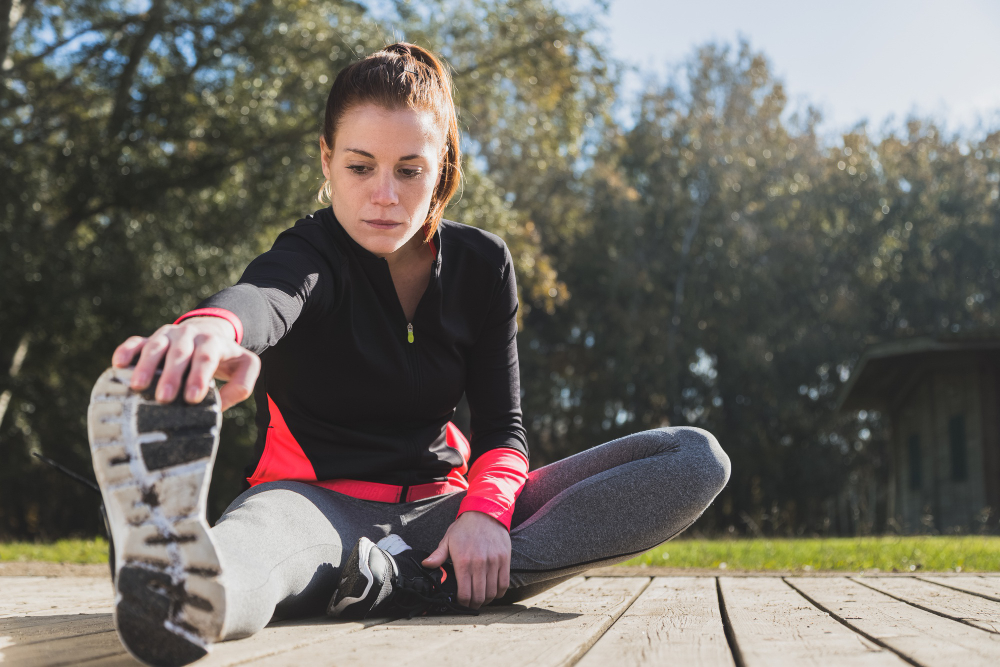Here's what you need to know if you're considering studying it in the UK or abroad.
What You Study
You’ll typically cover:
-
Human anatomy and physiology – how the body functions during exercise
-
Biomechanics – the mechanics of movement
-
Exercise psychology – mental aspects of sport and physical activity
-
Nutrition – its impact on health and performance
-
Motor learning and control – how we develop and refine movement skills
-
Research methods and data analysis – interpreting performance and health data
-
Optional specialisms – such as strength and conditioning, public health, or injury rehabilitation
Courses include:
-
Lectures and seminars
-
Lab work and fitness testing
-
Practical sessions in gyms or sports halls
-
Group projects and presentations
Useful A-Levels (or equivalent qualifications)
To apply in the UK, universities usually prefer:
-
Biology (highly recommended)
-
PE
-
Psychology
-
Chemistry or Maths
-
BTECs in Sport or Applied Science are accepted by many universities
Requirements vary, so check individual course pages carefully.
What Makes a Strong Application
To stand out, you should aim to show:
-
A genuine interest in sport and science
-
Relevant experience, such as:
-
Volunteering in coaching or fitness
-
Attending open days, webinars or taster courses
-
Taking part in youth sport leadership, Duke of Edinburgh, or other extracurricular activities
-
-
Academic strengths in science subjects
-
A well-written personal statement showing:
-
Why you want to study the subject
-
What you've learned from experience in sport or fitness
-
Interest in helping others through sport, performance or health
-
Career Prospects
After graduating, you could work in:
-
Sport and performance:
-
Sport scientist
-
Strength and conditioning coach
-
Performance analyst
-
-
Health and rehabilitation:
-
Clinical exercise physiologist
-
Cardiac rehab specialist
-
Physiotherapy or occupational therapy (may require postgraduate study)
-
-
Fitness and wellbeing:
-
Personal trainer
-
Health and wellbeing coach
-
Corporate health advisor
-
-
Education and research:
-
Teaching (via PGCE)
-
Research assistant or postgraduate study (e.g. MSc or PhD)
-
Transferable skills include:
-
Communication
-
Teamwork
-
Data analysis
-
Project management
Studying in the UK vs Other Countries
UK
-
3-year degrees (4 in Scotland)
-
Strong scientific foundation with practical components
-
Accredited courses available (e.g. BASES)
USA
-
Often called Kinesiology or Exercise Science
-
4-year degrees with broader first-year subjects
-
Focused tracks like pre-physical therapy or athletic training
-
Large sports facilities and campus teams
Canada
-
Similar to the USA in structure and content
-
High-quality kinesiology programmes
-
Strong research culture and healthcare links
Australia and New Zealand
-
3-year degrees with a mix of theory and applied practice
-
Professional accreditation through ESSA (Australia)
-
Careers in sport, public health and rehab
Europe
-
Often called Human Movement Sciences or Sports Sciences
-
Courses available in English in countries like the Netherlands, Germany and Spain
-
Affordable tuition in some countries
-
Varies in focus: some are more coaching-based, others more research-driven
Final Thoughts
Sport and Exercise Science is a versatile degree with a strong scientific core. It suits people who:
-
Are curious about how the human body performs and adapts
-
Enjoy working with others to improve performance or health
-
Want to mix theory with practical, hands-on learning





